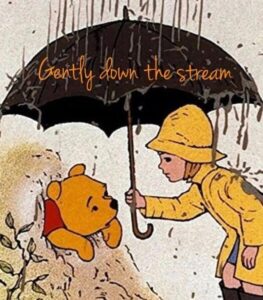Honesty, a sinking social trait
We come across reports of deception and corruption almost every day that it doesn’t affect or surprise us anymore. The news varies from the trivial accounts of towels being stolen from hotel rooms to profound large-scale financial scandals. How as a society, or as a country, we came to be tainted by this much widespread dishonesty? How we see ourselves We consider ourselves to be honest, honourable people—rational thinkers with a built-in moral compass and the capacity of understanding of what’s right and wrong. The illusion of one’s morality Do you think that the dishonesty we witness in our society...










